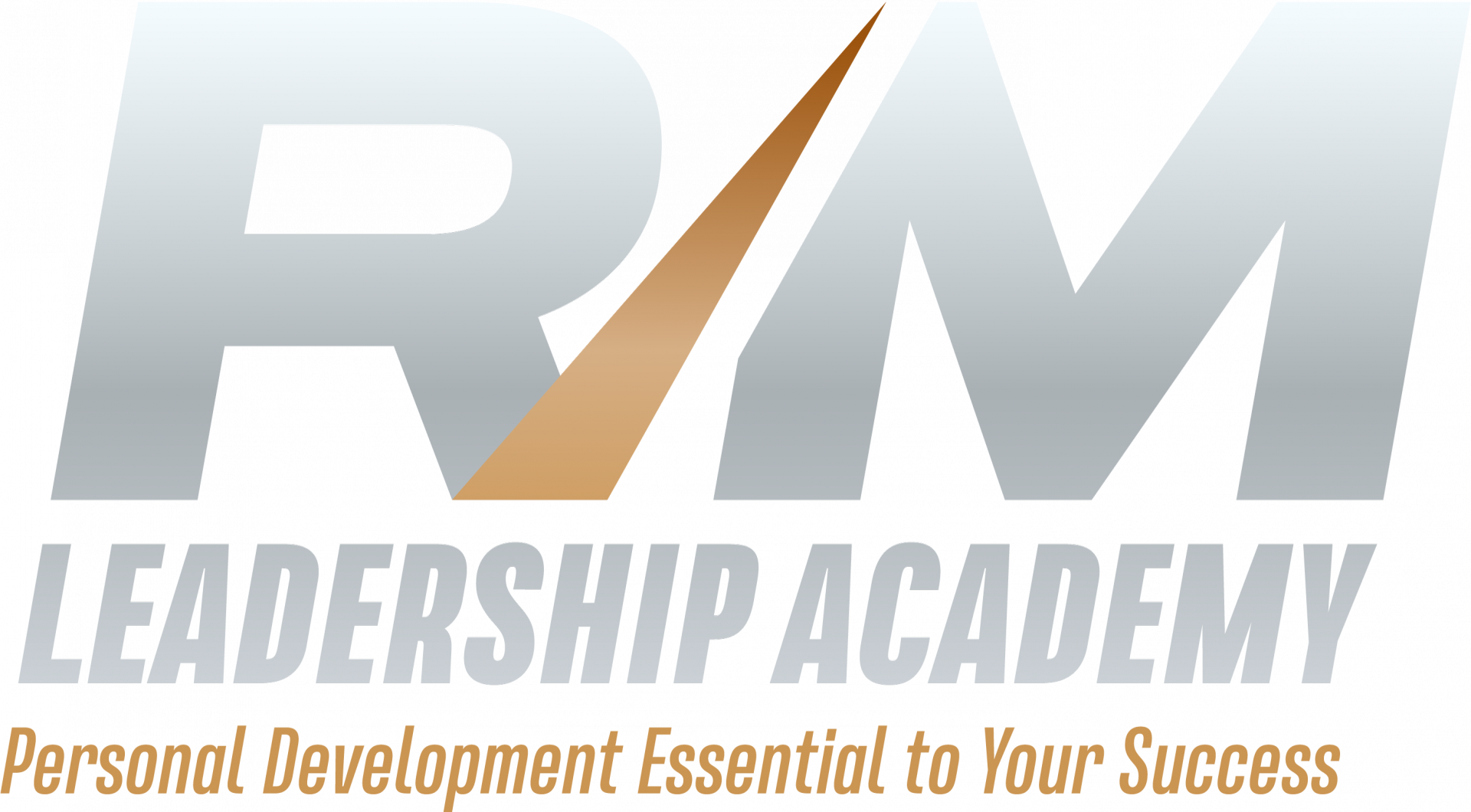How to build self-confidence
Building self-confidence requires reflecting on self-perception and developing habits that will promote a positive self-image. Here are a few ways you can build this trait:
1. Focus on yourself
While you may be competing against other candidates for job opportunities, it’s important to focus on the qualities and experiences you bring to the workplace and avoid comparing yourself to others.
Consider listing all of your positive qualities, unique experiences and valuable skills. Recognizing your individuality can help you see the advantages of your particular experiences and perspectives.
Also, identify the goals you want to achieve in your career and current or future roles. As you prepare for an interview, begin a new job or complete your daily tasks, use those goals to remind you of what you want to accomplish.
2. Consider past accomplishments
Identify the goals you’ve already achieved and the ones you’re close to reaching.
For goals longer-term goals, list the steps you have to take to reach them and what steps you’ve already taken. These reminders can help you build confidence by recognizing your hard work so far.
3. Develop a positive self-image
Creating a positive view of yourself often begins by adjusting your mindset and limit comparisons to others. Start constructing a positive self-image by imagining yourself as the person you want to be. For example, visualize yourself in the position you are interviewing for, with a confident set of skills.
Once you have crafted a positive image of yourself, consider engaging in self-affirmation activities. Self-affirmation involves saying positive and uplifting statements to yourself to challenge whatever negative thoughts may be in your mind.
For example, if you are nervous about an interview, remind yourself of the skills and accomplishments you’ll bring to the position. In the workplace, if you take on a new project or apply for a promotion, you might use self-affirming statements like “I am qualified” or “I am a successful person.”
4. Confront potential fears
Face your potential fears by reflecting on what might discourage you from reaching your potential. For example, if you’re concerned about being able to answer all of the interviewer’s questions, practice answering questions with a friend or family member. If you’re nervous about meeting new people in your workplace, make it a point to proactively introduce yourself to people you don’t know.
5. Prioritize self-care
Make a habit of exercising, eating a healthy and balanced diet and getting plenty of sleep. Take time to do something you enjoy every day, like taking up an old hobby or starting a new one. Consider also finding ways to practice self-care while at work by stretching at your desk and taking brief breaks throughout the day.
In addition to maintaining strong mental and physical health, you should also prioritize your social health. Spending an evening with good friends or going to dinner with family can strengthen interpersonal skills that could help you work better with colleagues. You can also make an effort to invite coworkers out for social gatherings to improve your work relationships.
6. Rethink rejection
Rejection is sometimes part of the interview process, but adjusting your view of rejection can help you have confidence as you approach future interviews. If you are not offered one job, try to focus on the ways in which you excelled in the interview. Perhaps you had confident posture and answered a tough question thoughtfully. You can also view this “no” as a learning opportunity to better understand how you can improve your interviewing skills. Consider reaching out to the hiring manager to thank them for their time and consideration as well as to ask for constructive feedback.
Also, keep in mind that rejection isn’t usually personal within a workplace setting. Sometimes, you don’t get the job because the hired candidate had more relevant experience or skills. experience or character.
7. Surround yourself with positivity
Part of building and maintaining a level of self-confidence is changing your mindset. By focusing on positive things, from self-care to past accomplishments, you are reframing how you perceive yourself. Another important element in this change of perspective is surrounding yourself with positive messaging and people who encourage and support you.
For instance, if you have a coworker who is always willing to offer advice or help out with difficult projects, this type of positive attitude can make you feel like you’re not facing your challenges alone. In fact, just having someone in your life who will offer words of encouragement and remind you of how much you have already accomplished can be the inspiration to keep you moving forward with confidence.

